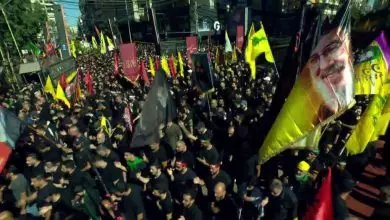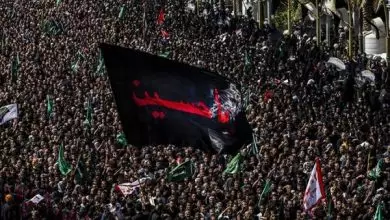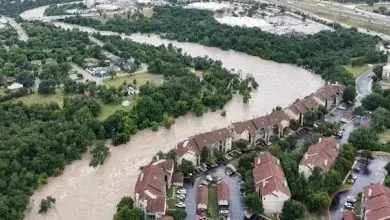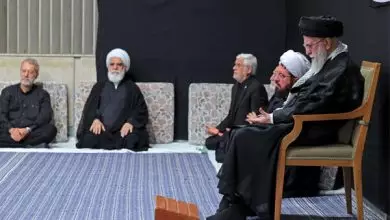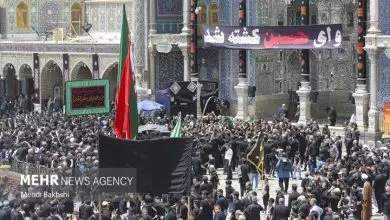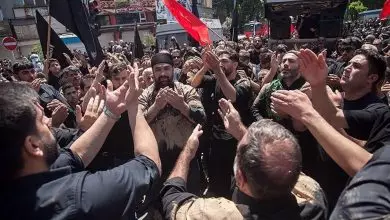Iraqi Government Dismisses Kurdish Allegations Against Hashd al-Sha’abi Forces
The Iraqi authorities have countered accusations made by the Kurdistan Regional Government's Interior Ministry against the Popular Mobilization Units, describing such allegations as unfounded and categorically rejecting them under any circumstances.
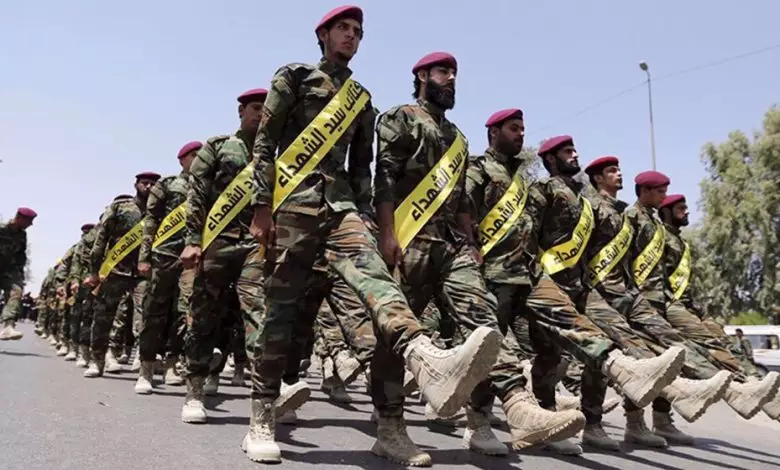
An Iraqi army spokesperson, Sabah al-Naaman, described the situation as particularly significant, noting that officials from the Kurdistan Regional Government have not yet provided the Baghdad government with evidence to support their assertions.
Following an announcement by the KRG’s Interior Ministry, it was reported that an unmanned aerial vehicle had crashed in a deserted area near Erbil on Thursday night.
It alleged that specific factions connected with the PMU, also referred to as Hashd al-Sha’abi, orchestrated these attacks with the objective of provoking disorder.
Naaman highlighted that the Iraqi federal government and its security institutions have consistently reiterated their steadfast dedication to safeguarding all segments of Iraqi society and maintaining national security.
Baghdad is resolute in its commitment to take decisive legal measures against any entities seeking to disturb stability or threaten security throughout Iraq, Naaman emphasized.
The Iraqi military spokesperson has called for collaboration and coordination through official channels, cautioning against the use of reports and narratives that could potentially damage the institutions of the Arab nation.
He cautioned that these actions could give malicious actors a chance to weaken Iraq’s security framework and provide hostile entities with excuses to destabilize the nation.
The Hashd al-Shaabi forces were instrumental in the liberation efforts of regions previously controlled by Daesh within the nation.
In November 2016, the Iraqi parliament passed legislation conferring full legal recognition on the Popular Mobilization Units (PMU) fighters. The law integrated the PMU into the national armed forces, placed them under the prime minister’s command, and entitled them to receive salaries and pensions equivalent to those of the regular army and police forces.

